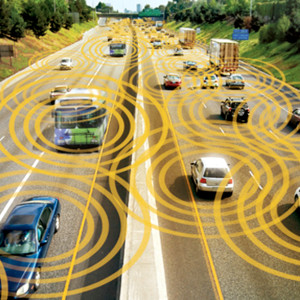The government should focus on reducing the environmental impact of transport and on understanding the effects of autonomous vehicle control, according to a report by the Chartered Institute of Logistics and Transport.
The report, (Re)Inventing the wheel, is designed to show how, by 2035, technological developments in transport could make better use of capacity, result in less congestion and overcrowding, reduce environmental and health impacts and thereby improve quality of life.
- A dramatic increase in communications has more potential to improve journeys
- Mobility as a Service (MaaS) will enable easier journeys
- Payment systems will continue to improve and make it easier for consumers to choose the most economic form of travel
- Social media use will provide a valuable source of knowledge about travellers’ perceptions for transport providers and researchers
- Transport must contribute to avoiding dangerous climate change and local health impacts by moving quickly to reduce the amount of carbon used
- Policy makers should incorporate uncertainty in decision making
Paul Le Blond, a contributor to the report and chair of the Logistics & Transport Technology Group, said: “It is not possible to predict which technologies will be in common use by 2035 but there are some clear opportunities to use the advances to achieve the objectives of improving safety and increasing capacity in a socially equitable way with economic benefits.”







